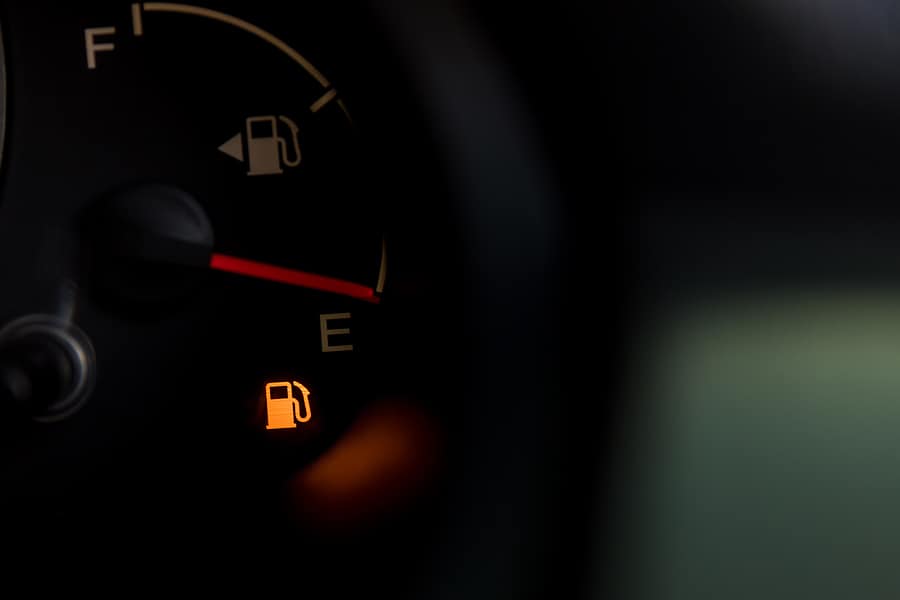
No one ever wants to run out of fuel. It’s a bad look. Run out on a main road and you present a danger to other drivers. And many cars out there will be adversely impacted by running on empty. With the cost of living right now, you don’t want to pick up an expensive bill to fix your motor.
Let’s face it however, it’s easily done. You forgot to check levels before you set out, or you’re up against a lot of expenses and trying to eek out the pennies – whatever the reason, it’s something most people will experience in their lifetime. Running on fumes and crossing everything that they’ll get to the hallowed petrol station.
800,000 UK residents manage to run out of fuel annually. And whilst it doesn’t quite rate up there with putting the wrong fuel in the car altogether – you should know what to do in this situation.
Table of contents:
- Running Out of Fuel Could Damage Your Car
- What Happens When a Diesel Engine Runs Out of Fuel?
- What Happens When a Petrol Engine Runs Out of Fuel?
- You’ve Run Out of Fuel? What next?
- Running Out of Fuel: The Law
- Running Out of Fuel: Avoiding the Problem
- And Finally
Running Out of Fuel Could Damage Your Car
As soon as the car starts running on the last dregs of fuel in the tank, you’re rolling the dice on giving yourself a mechanical fault. Fuel tanks are dirty and can corrode; leaving a gritty, rusty sediment at the bottom of the tank (especially in those older motors). Get the sediment into the engine and you could be potentially clogging up the fuel lines and the filter.
When there’s not quite enough fuel in the tank, the pump will draw in air, causing it to overheat and wear out before it’s time. Running low once shouldn’t really negatively impact your engine – but doing it over and over again is likely to intensify the issues. And it’s worse for diesel engines than petrol engines.
What Happens When a Diesel Engine Runs Out of Fuel?
In a diesel engine, the fuel is not only used to power the car, it also lubricates some important moving parts the fuel pump and the injectors. Driving when nearly empty means that these may become damaged, if the fuel pump draws in air instead of fuel.
Additionally because of the air in the system, you’ll need to contact a mechanic to have them bleed the air out of the system, before your refill the car with more diesel.
What Happens When a Petrol Engine Runs Out of Fuel?
Petrol engines are designed to run on an air-fuel mix, which means that it’s not such a drama when you’re running on almost empty – but it’s still not great. In this scenario, when the car has been running on near empty, you should be able to get away with refilling and driving away. However, heat damage can still occur to the pump, and this does nothing to solve any potential sediment problems.
You’ve Run out of Fuel? What next?
Move to Safety
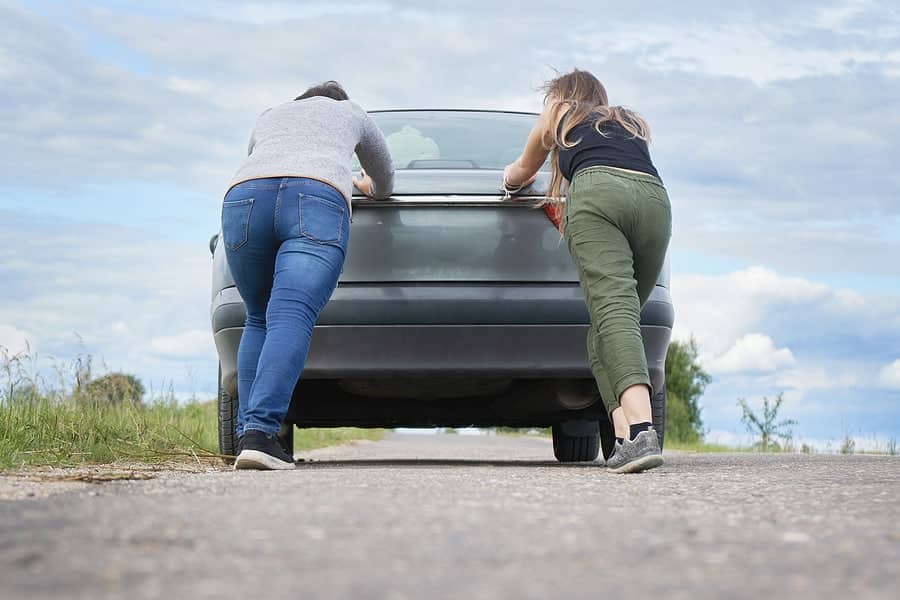
Becoming stranded in the middle of a busy dual carriage or motorway could be a potential nightmare. If you think your vehicle is in danger of running out of fuel, make sure you stick to the inside or slow lane, in case you need to take urgent action. If the worst happens, try to manoeuvre onto the hard shoulder or the side of the road. And if the engine is struggling then this is a sign that you’re about to conk out completely, so take the necessary urgent precautions to steer it out of the way of any other road users.
Be safe, be seen
Take precautions to make sure other road users can see you. Especially if it’s dark or misty – or even both. Leave side lights on if necessary, and deploy that triangle sign you’ve got sitting in the boot (if you’re not on a really busy road where it might be dangerous to do so). When you leave the car, this might also be a great time to put on any high vis clothing.
Get some help
If you are a member of the RAC or AA (or something similar) then give them a call. It’s what you pay for. Alternatively if you are in the back of beyond and it’s very bad weather, you could even call the emergency services. Helpful contacts in your phone can be a godsend; give them a call and see if they can bring some petrol to get you going again. This only works if you have a petrol engine however, as we mentioned – a diesel engine will need that specialist mechanic.
You could even go for a walk if you know of a nearby petrol station and have a jerry can in your car. However, be careful and don’t take any undue risks.
Running Out of Fuel: The Law
Whilst you might get a few cheeky remarks from your friends and feel a bit ashamed if you run out of petrol or diesel, it’s not actually illegal in the UK. Why else would we have hard shoulders? If you do somehow manage to fail to crawl over to the side of the road and get stranded, fuel-less, in the middle of the road, then the police may fine you £100 and give your license 3 penalty points.
Running Out of Fuel: Avoiding the Problem
Watch the fuel gauge. It’s that simple. Before you go anywhere? Check the fuel gauge, and if you are in doubt, then fill up. Remember that different conditions, weather and driving situations (think stop start traffic) can all push down those miles per gallon and see your fuel economy suffer.
Most cars have an orange (amber) warning light that reminds you to get to the garage when the tank only has quarter capacity remaining. Some cars have a range function that lights up.
Other symptoms include spluttering sounds as the fuel tank gets down to the last dregs, which can lead to other noises including misfires coming from the pistons. This is now a red flag warning that you need to take immediate action.
Also, fuel gauges are prone to inaccuracies. Up to 5% apparently – so be aware that your car could be telling you just enough, when really there’s not enough in the tank. Be safe rather than sorry, and don’t take chances.
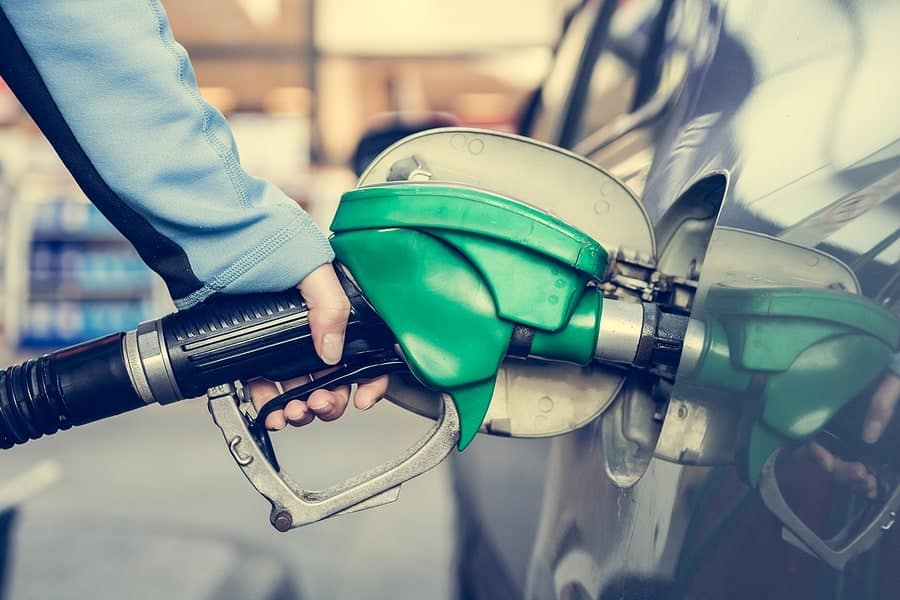
And Finally
Keep an emergency kit in the back of the car in case anything happens – not just running out of fuel. Think water, chocolate, mobile phone charger, high vis clothing and a regulation jerry can.
Speaking of jerry cans; carrying a few litres of fuel (in accordance with government guidelines) is a good preventative measure. Make sure you’re safe and legal – that’s the right container with the right labels.

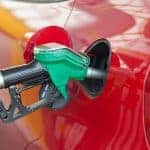
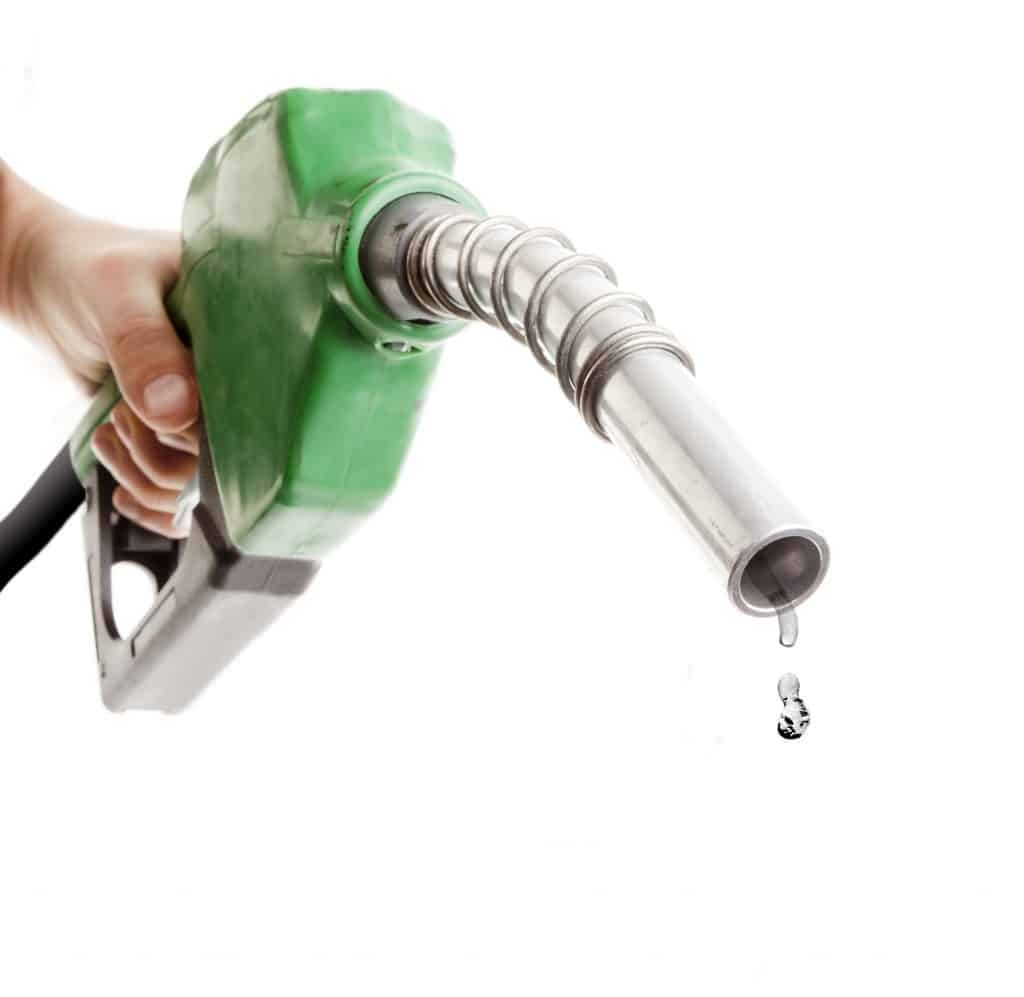
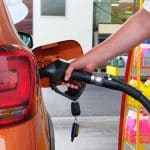
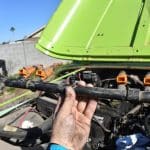
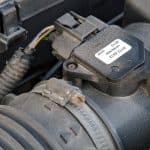
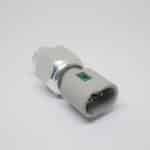

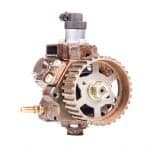
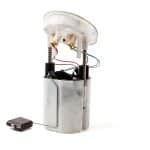
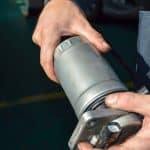
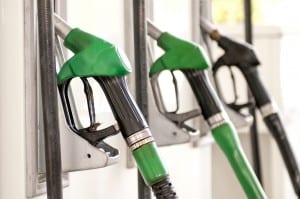
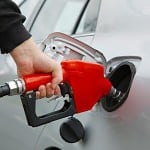
.png)